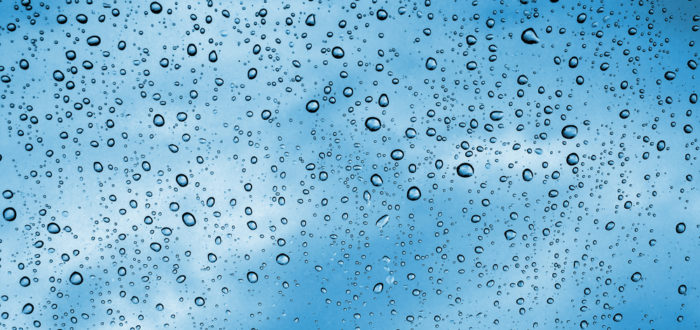Up to 7% of Americans over 45 wear hearing aids. If you’re a hearing aid wearer, you already know how incredible these little devices can be! You probably also know that, like any other piece of technology, they need special care and attention.
Daily maintenance and checking your hearing aids for damage can prolong their lifespan. Equally important is ensuring that your devices are kept safe.
But even with the best intentions, mistakes can happen. As the weather warms up, many of us are tempted into a refreshing dip in the water. This poses a potential risk of getting your hearing aids wet.
If you have gotten your hearing aids wet, we’ve put together this guide to help.
What to Do If You Get Your Hearing Aids Wet
Even with the best of intentions, things happen! Exposure to water or moisture is more common than you may think. Sweat, condensation and water can all come into contact with your hearing aids.
If you have gotten your hearing aids wet, follow these steps to help protect your devices.
Turn Off Your Device
The first thing to do if your hearing aids have gotten wet is to turn them off. If your device is equipped with a battery, make sure to remove this. Keep your battery out and the device switched off until dry.
Remove as Much Water as Possible
Try to remove as much excess water or moisture as possible. This may require shaking your device out. Use a rag or a paper towel to spot dry your hearing aid.
Air Dry Your Device
Where possible, air drying your devices is the best choice. Find a dry, warm place away from any heat sources or direct sunlight. Do not put your hearing aids on top of a radiator, inside a microwave or an oven. This can potentially overheat your device and cause additional damage.
Use a hair dryer on the lowest heat setting, and stand a good distance away from your device. Keep your battery door open, and point the hair dryer towards your device. Remember – use the lowest setting possible.
Give it Time to Dry
Give your hearing aids as much time as possible to dry. A few days is normally long enough, but extra time won’t hurt.
Replace Batteries
If you notice water damage on your batteries, we recommend replacing them. It’s always better to be safe rather than sorry when it comes to batteries.
If you’ve followed the steps above, you can try your device. Insert your new batteries, and turn the device on.
If your hearing aid is still not working, don’t panic. This doesn’t automatically mean it’s broken! Contact your local hearing healthcare clinic. They may be able to repair your hearing aids.
Get Your Hearing Checked at Hearing Services of Delaware
Stay on top of your hearing health with regular hearing assessments. Book an appointment with the hearing specialists at Hearing Services of Delaware today. We are here to help! Contact us today to schedule an appointment with one of our certified hearing care professionals.

